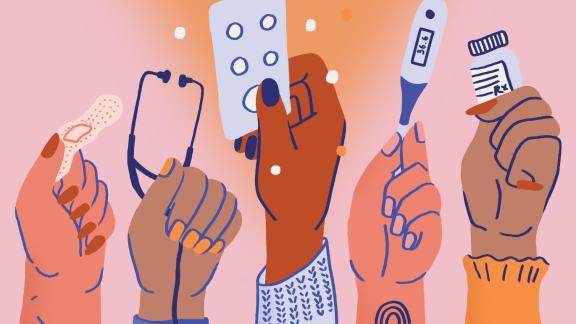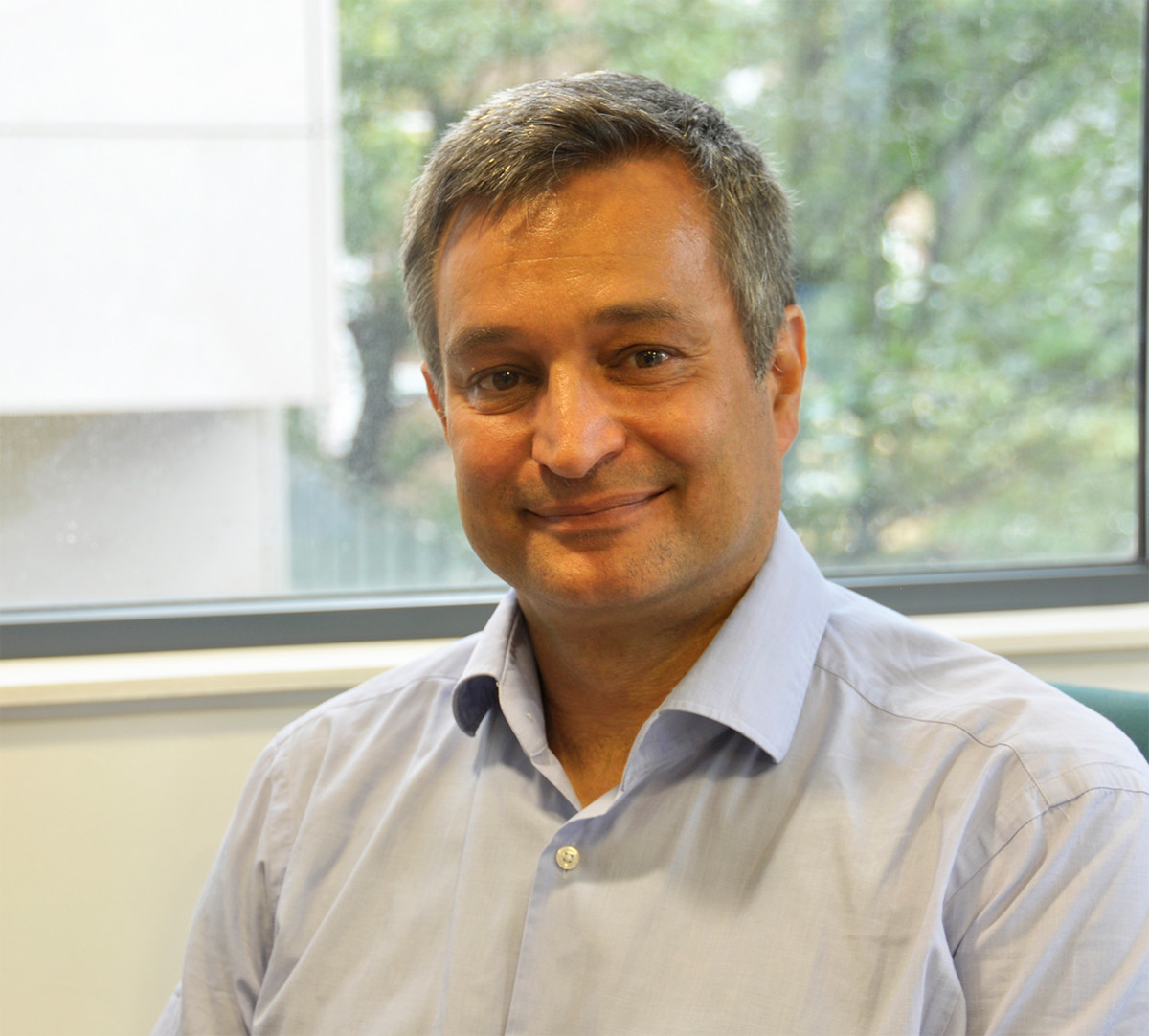For many in development, the last two years have been frantic, with organisations working around the clock to ensure people can access the care and support they need despite an ever-changing and increasingly challenging global climate.
For sexual and reproductive health and rights (SRHR), we have seen the devastating consequences of political, social and economic turmoil on women and girls’ bodies, with existing inequalities exacerbated by continuing humanitarian crises, including the pandemic, war, famine and environmental destruction.
Alongside many in the sector, we also face reduced funding and commitments from global leaders amid growing threats from a sinister opposition from those actively attacking people’s rights and freedoms.
For the International Planned Parenthood Federation (IPPF), which recently celebrated its 70th birthday, the changing landscape of SRHR necessitates radical transformation. 2023 brings fresh energy and a bold new strategy so we can stand up forcefully and fearlessly to support those excluded, locked out and left behind.
If SRHR experts across the sector are to galvanize support for human rights, invigorate the development space and deliver with impact and purpose for generations to come, there are five steps we must take:
Foster global solidarity
If 2022 taught us anything, it’s that our freedoms must not be taken for granted, hammered home by the reversal of Roe vs Wade and the loss of 50 years of constitutional abortion rights across the U.S.
But tough times create resilient people, and we cannot let the opposition define us. As we work to ensure access to SRHR regardless, building bridges inside and outside our movement is more critical than ever, bolstering the fierce support that already exists for sexual and reproductive health and abortion rights worldwide, fostering solidarity to win hearts and minds, and reinforcing the commitment to human rights for all.
And we are not in this alone. Across the sector, our work intertwines with struggles for climate survival, social justice and equality. Development organisations can unite through shared values to continue supporting and transforming communities and countries.
Stand up and confront tough challenges to deliver more equitable care
The last two years have been a period of reckoning for many in the sector, highlighting pervasive oppression and injustice within our organisations and the services we deliver.
As global human rights leaders focused on equality, empowerment and ending discrimination, we must champion social justice principles, addressing the toxic legacies of longstanding racism, sexism and homophobia in the workplace and beyond, and pushing for cultural change to shift existing imbalances in power.
For IPPF, this has culminated in our Anti-Racism Declaration of Intent, a statement of public accountability to dismantle racism and become an anti-racist organisation by 2028.
By operating within frameworks built on equity, diversity and inclusion and upending attitudes and ways of working embedded in the development sector for too long, organisations can deliver better and more equitable care for all.
Move the sexuality agenda
Sexuality is about more than sex, sexual attraction and reproduction. It is about who we are, who makes decisions about our bodies, and the freedom to decide how we live our lives. It is about love, pleasure, well-being, morality, equality and health.
To make sexual and reproductive rights truly universal, sexual and reproductive health experts must broaden their understanding of sexuality, advocating for a world that celebrates sexuality in all its diversity and challenging outdated or toxic norms that strip away dignity.
See young people as drivers of change
As the most diverse generation the world has ever known, young people are drivers of change, with youth movements reflecting the intersectionality, cross-border working, and translation of ideas across the digital space that many organisations strive for.
Young people played a crucial role in creating IPPF’s strategy, and as organisations fight to stay afloat in this period of global transition, attracting, retaining and working with young people to shape and deliver the future is critical to delivering our missions.
Champion leadership in the Global South
Development is built on partnerships, solidarity and sharing. From 2016 to 2022, IPPF’s Member Associations delivered more than 1 billion cumulative SRHR services and contributed to fantastic global advocacy, from expanding abortion access in Benin and Latin America to guaranteeing free long-term contraception in Ghana.
Although some donors and governments stepped up to the plate, we found ourselves in challenging negotiations with others, culminating in reduced funding and global commitments. Moreover, while historically, leadership has been dominated by nations in the Global North, the last few years have turned that on its head.
Recognising and championing Global South leadership is imperative to building the foundations for sustained long-term growth. Global organisations can and must use their capabilities to strengthen and empower movements and organisations in the Global South to collaborate with supportive national governments, local philanthropists, sister organisations and the private sector. By working together, we can secure domestic funding, support local advocacy, fill gaps and meet need.
Looking to the future
Elise Ottesen Jensen, Co-Founder of the International Planned Parenthood Federation, said, “I dream of the day when every newborn child is welcome, when men and women are equal, and when sexuality is an expression of intimacy, joy and tenderness”.
The next five years will make or break development. While 2023 sets out on a familiar path, the sector must pivot in a new direction over far more brutal terrain to deliver urgent and purposeful action. By working together for the greater good, we can create a more inclusive, intersectional, and feminist world for all.
This piece was originally published for Bond.
Main image by Tanya Shyika for IPPF x Fine Acts
when








